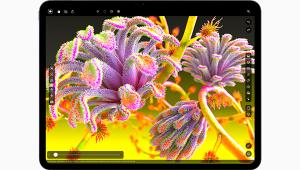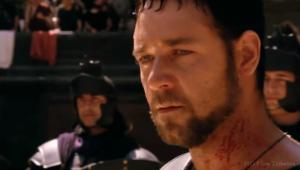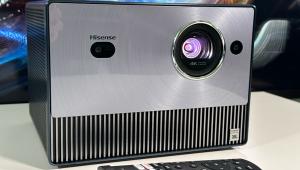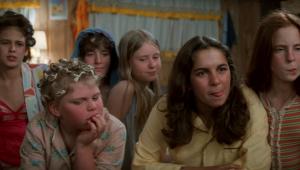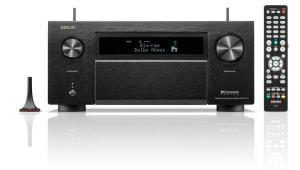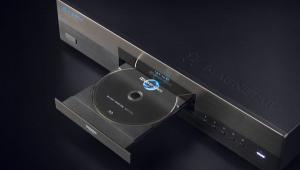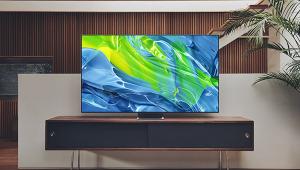First Take: Little Steven Van Zandt Page 4
Why is analog better than digital? It's the warm, fuzzy parts in between the frequencies. There's a physical impact that you just don't get with digital. It's not necessarily in the melodies or instruments you're hearing, but in the full richness of the frequencies. You get a fuller, warmer, truer sound. A CD is much more compressed and clipped. Instead of hearing the full range of the snare drum, you just get that top end, like it's cut off. That's true with every single instrument. Voices sound thinner. Everything sounds thinner.
This all goes back to the beginning of the problem - stereo, which came from the so-called audiophiles who decided that clarity is a good thing. Well, guess what? In rock and roll, clarity is not a good thing. I'd argue that every day of the week. Nobody wants to listen to mud, but at the same time, you don't necessarily want or need to hear every single instrument clearly separate from the others. That's why they call it mixing, okay?
If you picture the stair steps of a digital wave, analog is more of a slide. Once you hit tape, a whole other thing happens - tape distortion, and a marriage of technologies that maybe wasn't that intentional. There's a physical impact with tape that you just don't get with digital. It ends up a fuller, warmer, truer sound. It's more accurate. It's not necessarily in the melodies or instruments you're hearing, but the full richness of the frequencies. It's quite obvious, I think.
If you walk into a room and there's an orchestra or a rock band playing, 1) you don't hear it in stereo or mono, and 2) you can't establish exactly what everybody is doing. And that's how it's supposed to work. Art is most effective the same way religion is: by its mystery. Once you start to really know everything about it and know how it's all done, it loses the mystery and its effectiveness. I feel very strongly about that. Of course, there's no going back, really. So we as producers, artists, and writers have to find new ways of "tricking" the ear. And we will. [laughs]
Well, you sure did that with your 1999 album, Born Again Savage. I don't care what anybody says - I kept that album analog until the final, final process where you have to go to digital to get the CD. Mixing it analog supposedly shouldn't matter, but it did. I put that record out against anybody. It's bigger-sounding than most records. And I employed my own production technique, the one that I call BIG MONO. That's what I do. I double the rhythm guitar and then split it left and right. You get that wideness of stereo but the actual impact and focus of mono.
What are your favorite-sounding vinyl albums, ones you'd consider the best examples of the way records should sound? Well, honestly, you could pick anything. I'm not even comparing the same artists or the same producers; pick the same record that has a CD counterpart. Whatever your favorite record is, listen to the vinyl version and then the CD version, and anybody in the street is going to hear a radical difference. The CD will sound much more compressed and clipped.
Records in the old days were made with a live band with maybe a few overdubs and four, five, six, or seven tracks. You can't do that with digital because everything's too small. It all becomes too clear. You encourage people to overdub and overproduce things so they start to sound "real." You get to double and triple and quadruple things so they sound full enough. It's unfortunate. But there's no going back. You have to adjust your ears to reality and go forward with it.
- Log in or register to post comments















